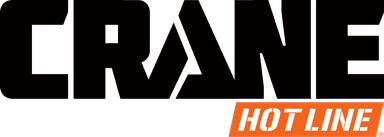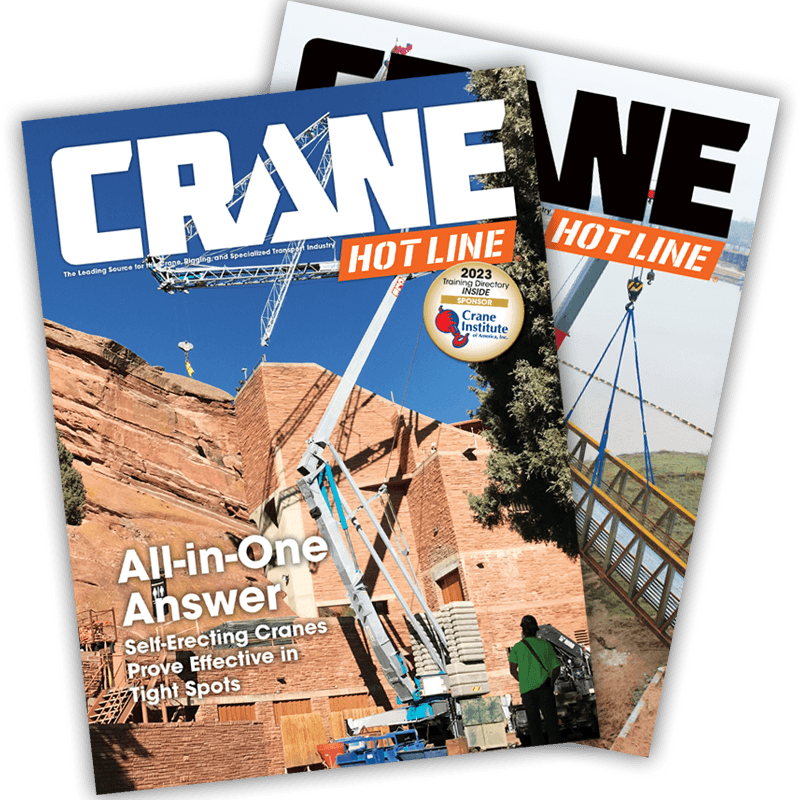Nothing Political
 |
September 1, 2004 - I recently read this headline in a Washington, D.C.-based news publication: "The nation's payroll growth slowed dramatically in July with a paltry 32,000 jobs being added, a potentially troubling sign that the rough patch the economy hit in June could spread."
Excuse me!? I have been doing a lot of traveling these past few weeks to promote our soon-to-be-published Lift and Access print magazine. Illinois, Wisconsin, California, New Jersey, Maryland, and Pennsylvania are just a few states I've hit. And everywhere I went I saw something I haven't seen in a long time-Help Wanted signs.
In California , if you are a decent truck driver, you can go to work today. If you have experience as a skilled construction tradesperson, you only need walk on a jobsite to find immediate work paying top dollar. In the upper Midwest I was astounded at the number of signs posted in front of large and small factories-all looking for people with specific skills, such as machinists or forklift operators. It's no different in the South. A friend of mine in Atlanta says he's ready to hire a truck driver, mechanic, or service manager if he could find someone who is qualified. The need for qualified workers is present at all levels. Lift equipment manufacturers are looking for engineers, salespeople, and assembly workers. The need is across the board.
So why the sudden alarm when new job starts didn't meet analysts' projections? Only 32,000 jobs were added in June when the analysts were looking for more than 200,000, which in turn knee-jerked the stock market into another slide. But even with the "low" number of new jobs it was interesting to note that, at the same time, unemployment dropped from a low 5.6% to a lower 5.5%.
It's true that not everyone has found his or her dream job and many people have changed careers. But the fact is, many skilled positions are left begging for qualified workers. The unemployment rate really couldn't get much lower no matter how good the economy might get. Could it be that the analysts have gotten it wrong once again by setting expectations too high?
Last month, consumer confidence surged to its highest level since the beginning of the year. The AP-Ipsos consumer confidence index climbed to 104.8 in August, up from 92.0 in July, led by American consumers' improved perceptions of their own finances and optimism about the future. This is despite renewed terror threats and rising oil prices.
So when I read a headline like the one stating that "the rough patch the economy hit in June could spread," I have to laugh. I could be the next President of the United States , but what are the odds of that happening?


